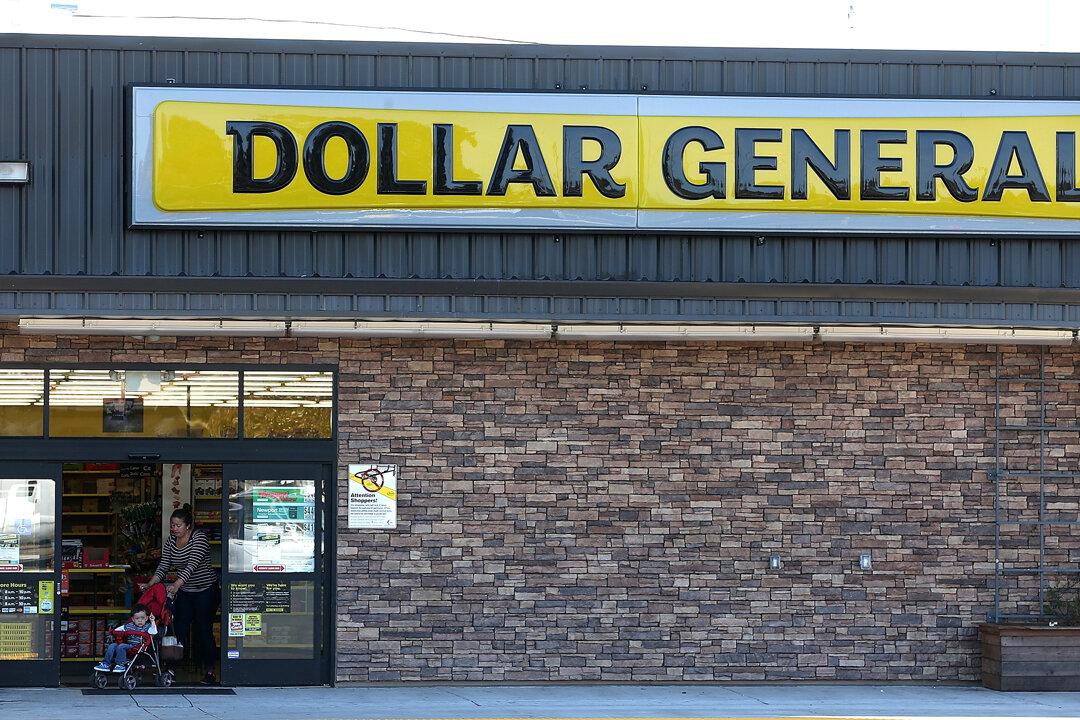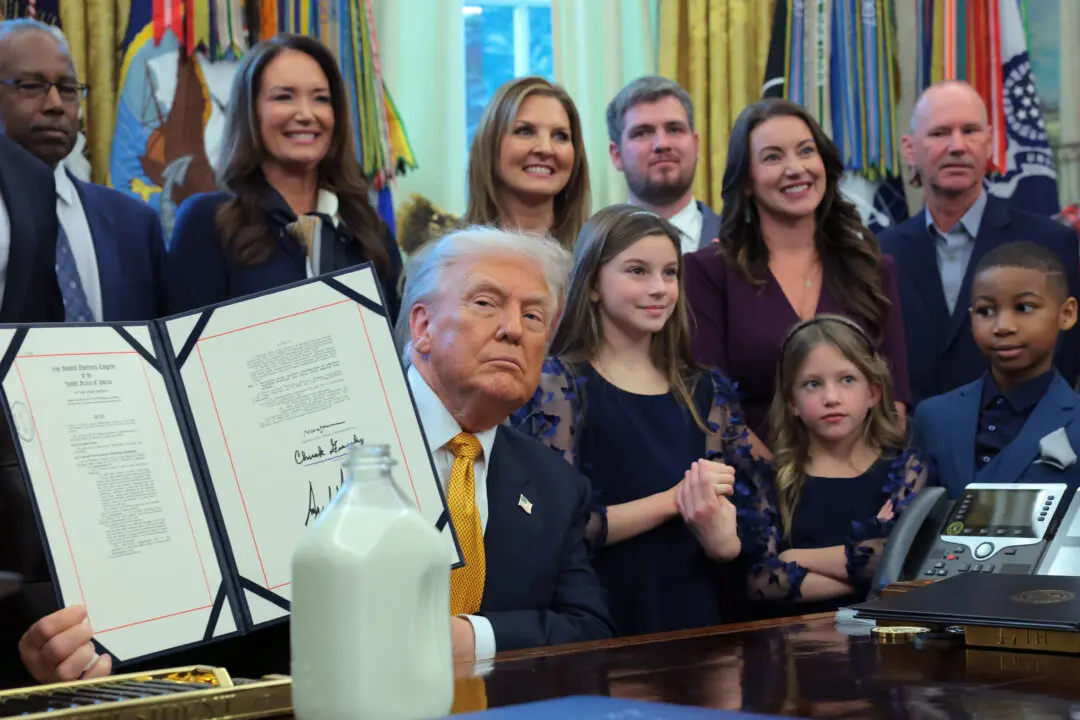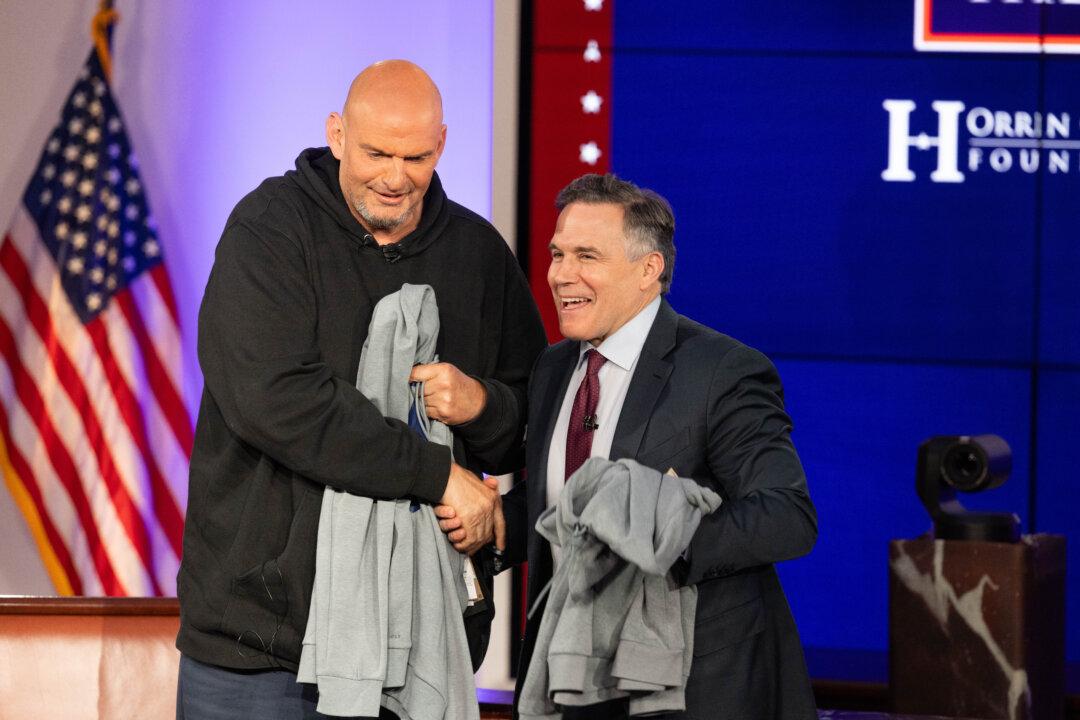Commentary
TARRS, Pa.—Five years ago, the plot of land where the Dollar General store sits on Glades Pike was just that: a plot of pastoral greenery located near a row of neatly kept homes in an unincorporated village that once briefly boomed as a coal town.





